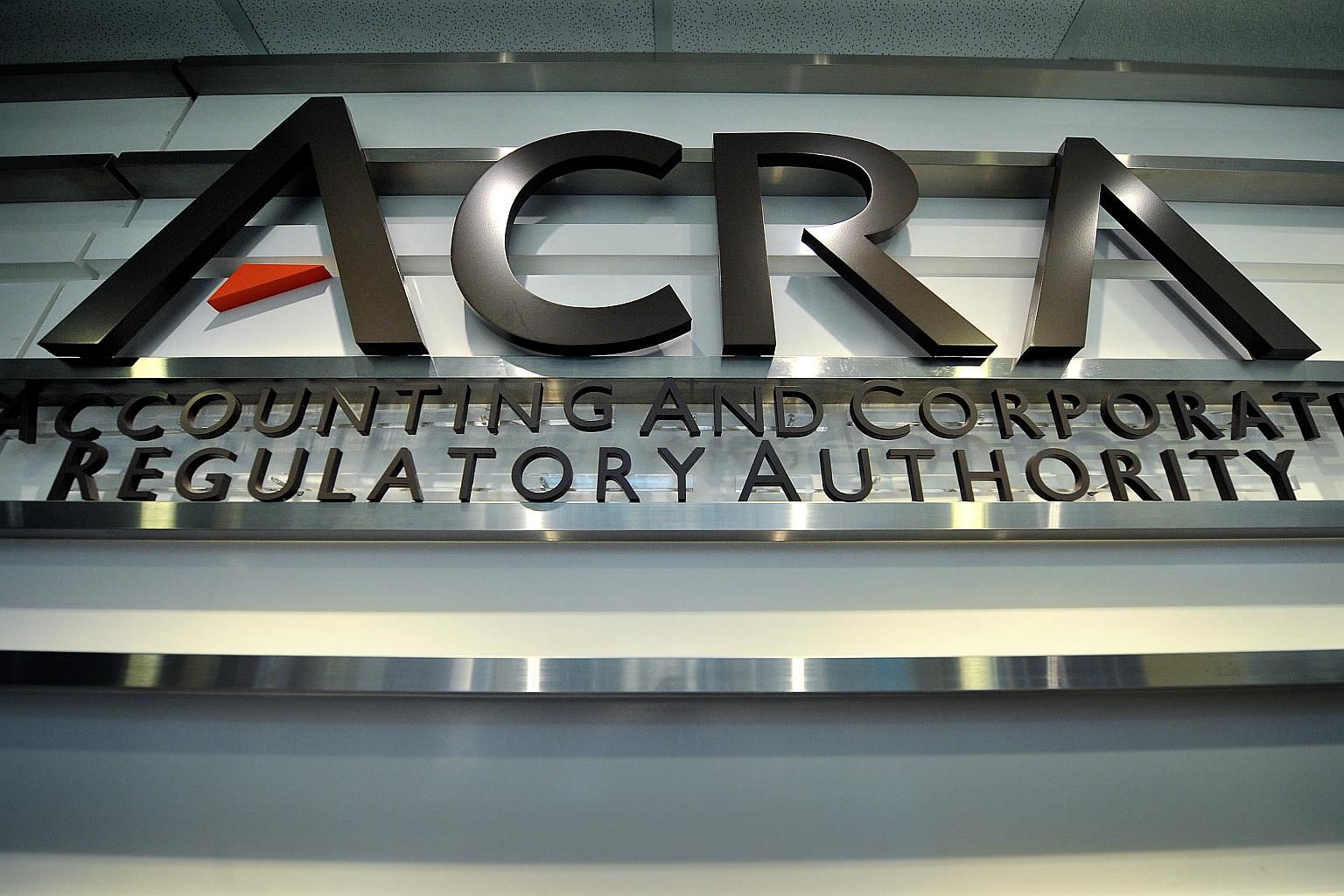A company may decide to wind up its affairs voluntarily if the directors believe that the company is solvent where it is able to pay its debts, in full, within 12 months after the commencement of the winding up. A liquidator, or provisional liquidator will be appointed by the company to wind up its affairs and file the necessary notifications required under the Companies Act.
Liquidation
The liquidator takes control of the company’s property, as soon as the liquidation process commence. He has the duty to:
- keep certain financial and administrative records;
- hold certain meetings;
- provide information;
- examine the conduct of officers of the company;
- get in and distribute the property of the company.
Procedures for Members’ Voluntary Winding Up
Declaration of Solvency’ link
Majority director must make a written declaration of solvency at directors’ meeting. After filed declaration, the directors must send notice of an Extraordinary General Meeting (EGM) to the members. The EGM must be held within 5 weeks from the Directors’ Meeting executing the solvency declaration.
75% of Members’ Majority Votes
At EGM, the voluntary winding up needs to be resolved by way of special resolutions, at least 75% of members’ majority votes. Subsequently, a second special resolution empowering the liquidator to be passed.
Filing
Within 7 days after the passing the special resolution, a printed copy of the special resolution must be filed with ACRA and within 10 days, a notice of resolutions has to be published in the English, Malay, Chinese and Tamil language respectively.
Lodging a Return with ACRA
Upon the affairs of the Company are fully wound up, the liquidator must draw up account showing how the winding up has been disposed of. He must call a general meeting to present and explain the account, follow by lodging a return with ACRA stating that the meeting has been held and attaching a copy of the account.
Dissolution
On the expiration of 3 months after lodging with the Registrar, the company will be dissolved. However, the court has the power to declare the dissolution of a company to be void at any time within two years after the date of dissolution. The application may be made by the liquidator or any other interested person.
Effects of Voluntary Winding Up
- The company must cease to carry on its business with effect from the date of passing the special resolution (except for what is required for the winding up) according to the liquidator’s opinion.
- The directors’ powers will cease, unless the shareholders (with the liquidator’s consent) resolve that the directors should continue to have such powers.
- Any transfer of shares is void, unless made to or sanctioned by the liquidator.
- The status of the members cannot be altered.










